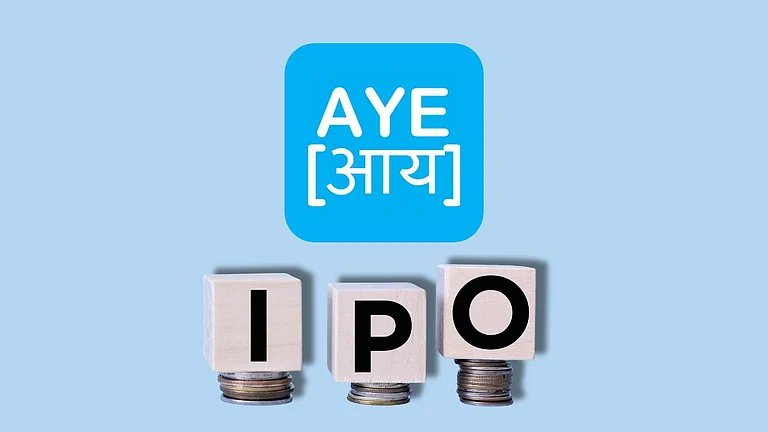If your medical costs aren't covered by your insurance, you'll have to pay for them yourself. That's why including an Outpatient Department (OPD) rider in your regular health insurance is vital, particularly for those who need frequent medical care but may not require hospitalization.
Traditional health insurance covers hospitalization, surgery, and medical procedures but often excludes certain expenses, leaving the policyholder to pay these expenses out of his or her pocket.
While base health insurance policies typically cover expenses related to hospitalization, the OPD rider specifically addresses outpatient department costs. It is crucial as some health insurance policies may exclude coverage for OPD expenses.
The current customer-centric insurance industry has a growing trend of offering riders or add-ons that complement base health insurance policies, providing more comprehensive coverage. Some policies now have embedded OPD covers, allowing policyholders to benefit from outpatient services through cashless and reimbursement claim modes.
“The OPD rider ensures coverage for routine doctor visits, medications, diagnostic tests, and other outpatient services without requiring a minimum daycare treatment duration,” says Bhaskar Nerurkar, head- health administration team, Bajaj Allianz General Insurance Company.
What It Covers
“OPD riders encompass a wide range of benefits, including coverage for consultations with general physicians, dentists, paediatricians, specialists, and orthopaedics,” says Nerukar.
The policyholder can claim expenses based on the specified limits in the policy documents. Moreover, these riders offer additional features such as teleconsultation cover, unlimited online consultations with doctors, and In-clinic doctor consultation cover, allowing in-person consultations within or outside the service provider's network up to specified limits.
Additional Benefits
Some insurers provide holistic wellness benefits, including dental wellness coverage for dental consultations, fillings, root canal treatments, and extractions.
“Diet and nutrition consultations offer expert advice on maintaining a balanced diet, while emotional wellness covers consultations with health coaches or psychologists. Additionally, physical fitness coverage allows policyholders access to network gymnasiums for their fitness needs,” says Nerukar.
The cost of an OPD rider can vary based on several factors, including the insurance company, the specific policy, the coverage limit, the insured person's age, medical history, and the number of individuals covered under the plan.
Generally, adding an OPD rider to your standard health insurance policy may increase the premium by an additional amount, which can range from a few thousand to several thousand rupees per year, depending on the aforementioned factors and the coverage offered.
“An add-on OPD rider acts as a financial buffer and provides an extra layer of security to tide you through difficult times. Overall, adding an OPD rider,” says Shashank Chaphekar, Chief Distribution Officer, ManipalCigna Health Insurance.
Adding an OPD rider to your health insurance helps fill the gaps in your health insurance plan, minimizes your out-of-pocket costs, secures your finances, and ensures that you never have to compromise on healthcare.














